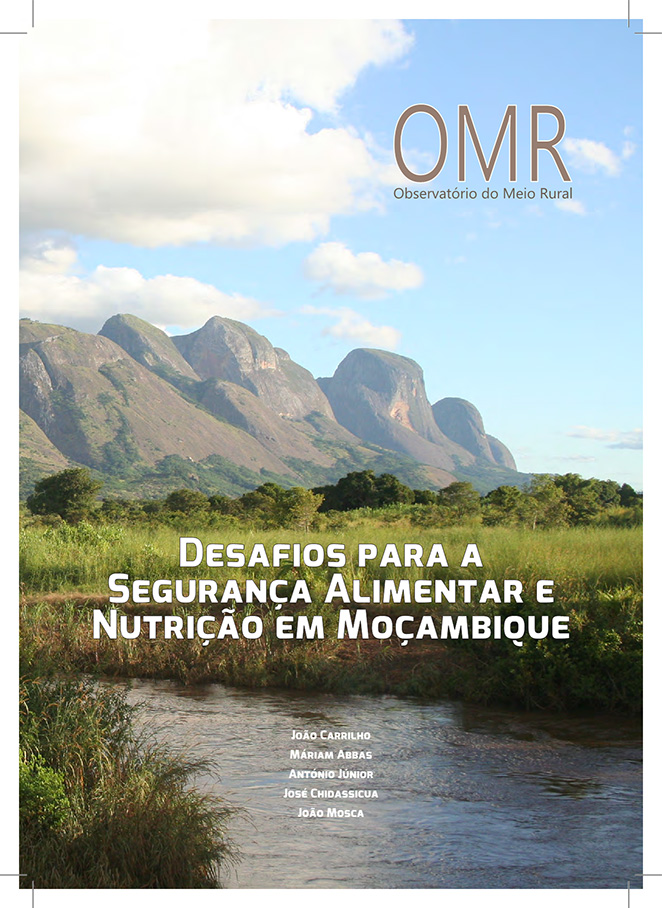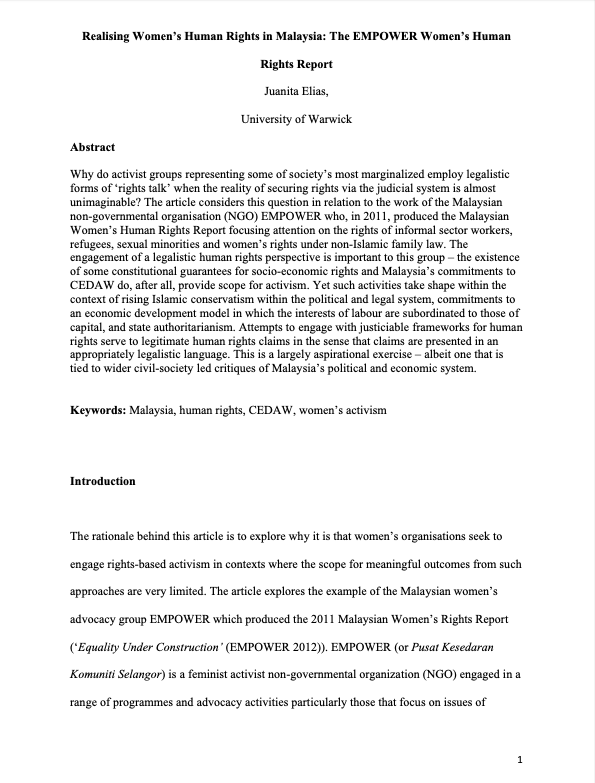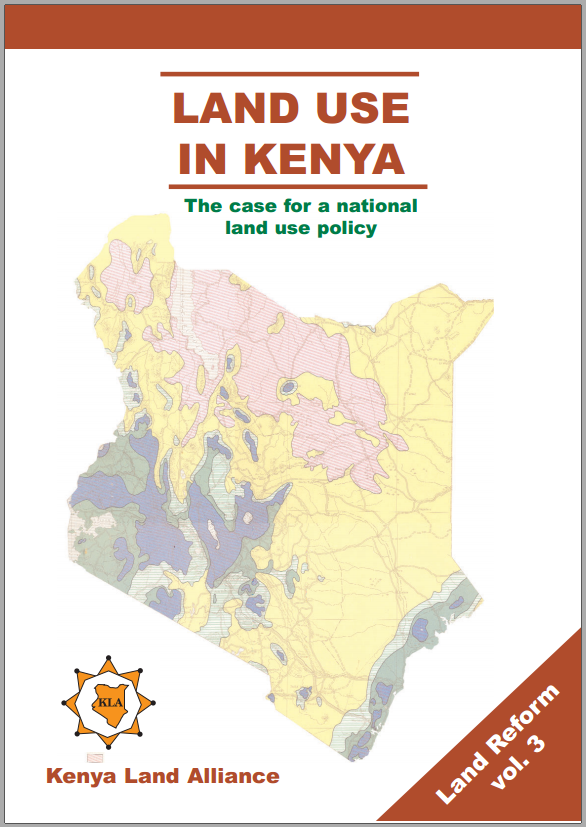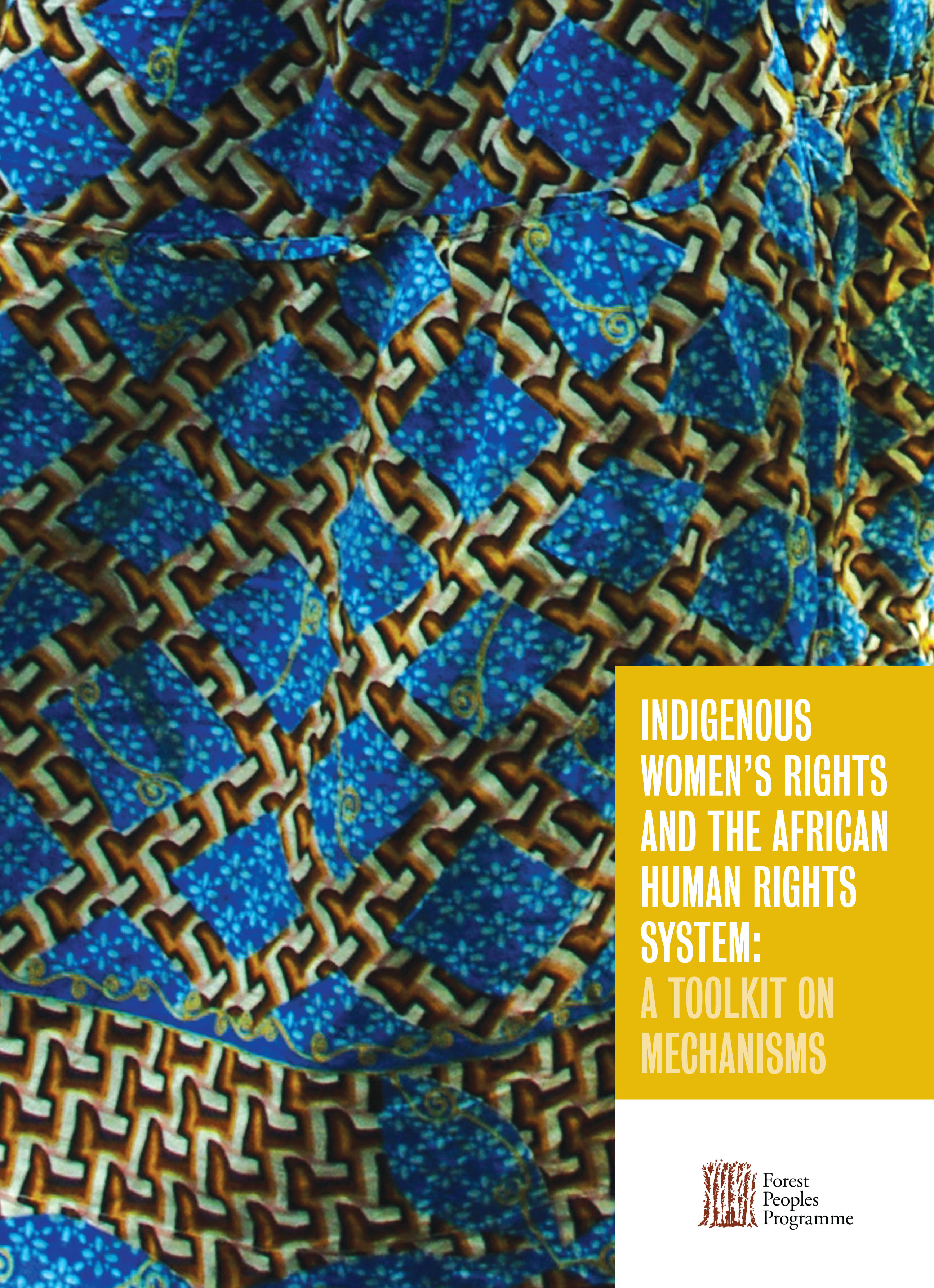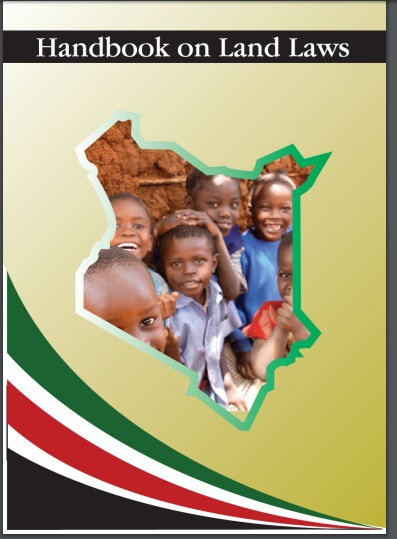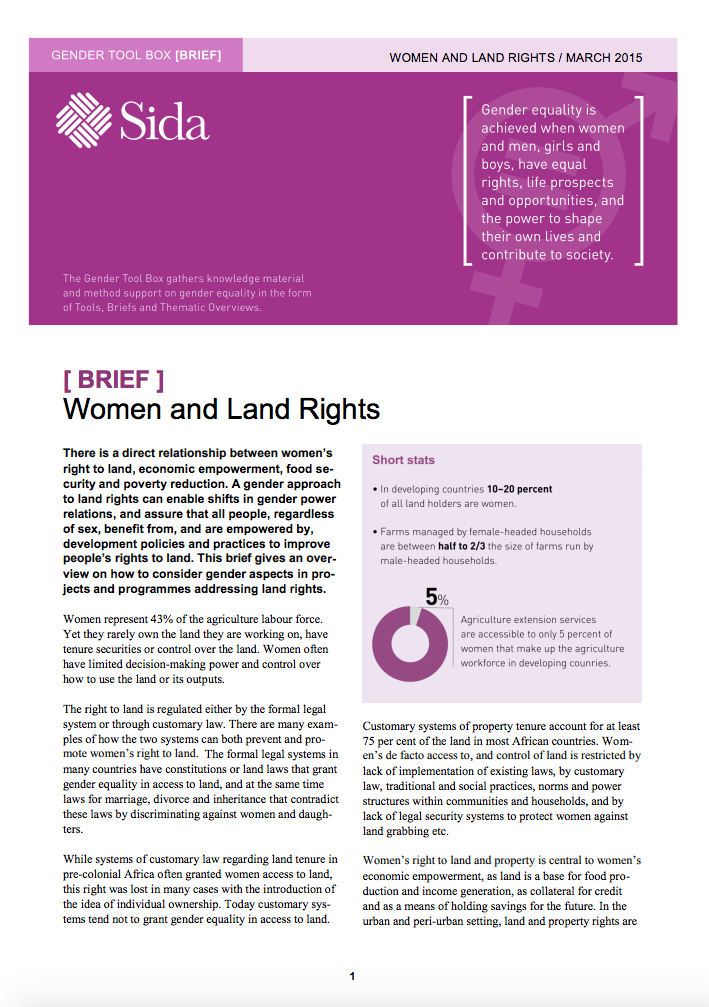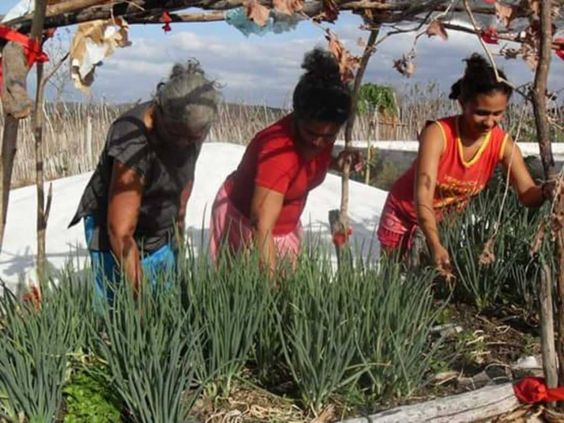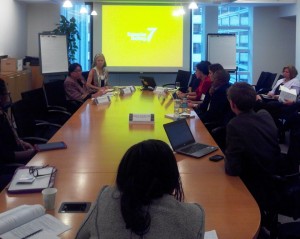Gender equality in Burundi: Why does support not extend to women's right to inherit land?
With 27,834 km² of surface area and a population of 10.5 million, Burundi’s population density is seven times that of Tanzania and second only to Rwanda’s on the African mainland (World Bank, 2014). Its population grows at an annual rate of 2.4%, and more than 90% of the population lives primarily on agriculture.


